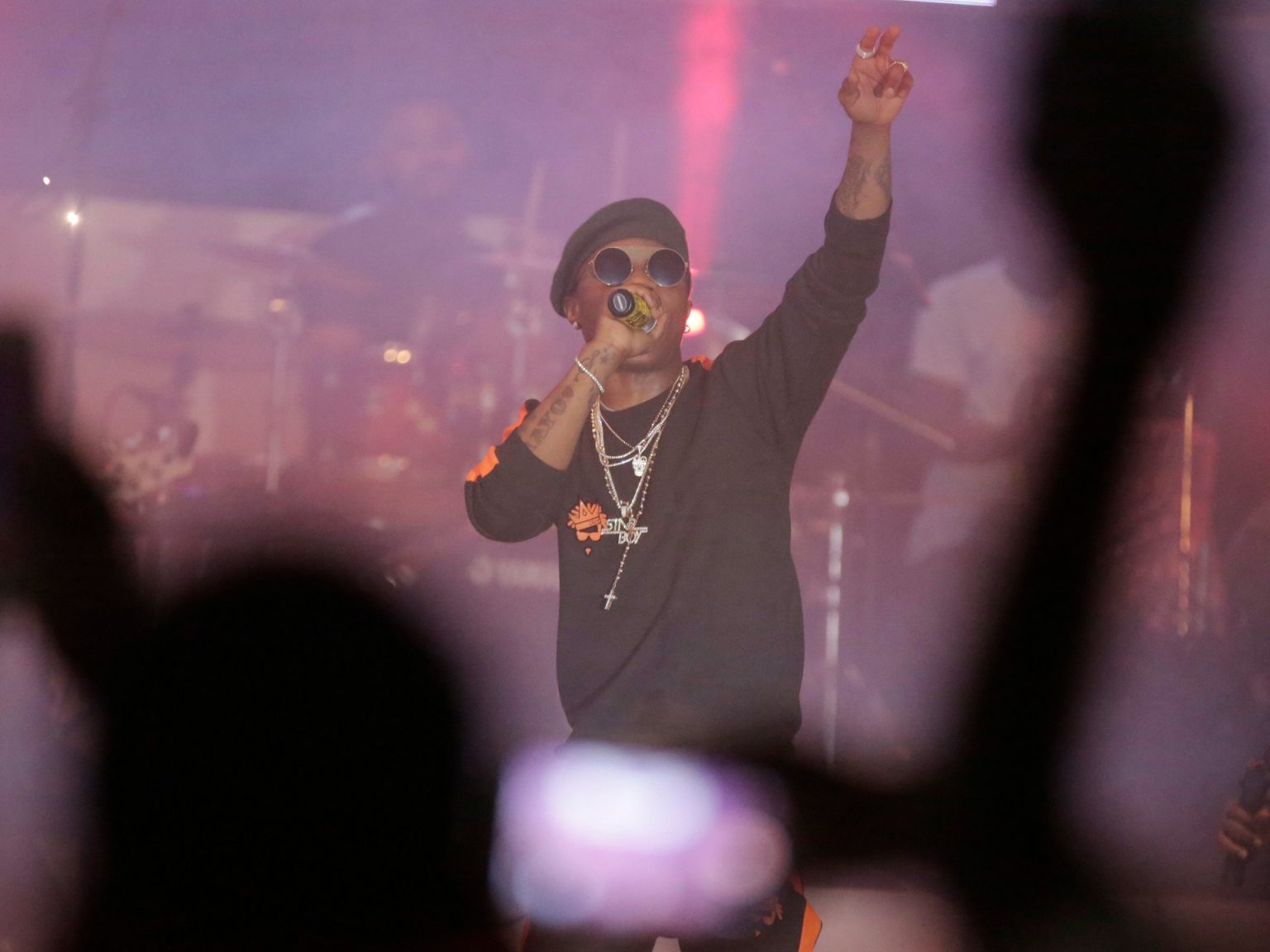The vibrant “Detty December” tradition in Nigeria, a month-long celebration marked by parties, concerts, and social gatherings, is facing a significant downturn this year due to the country’s challenging economic climate. High inflation, exacerbated by recent economic policies, has dramatically eroded purchasing power, leaving many Nigerians struggling to afford basic necessities, let alone the luxuries of festive celebrations. This shift is evident in the quieter atmosphere at restaurants and bars, a stark contrast to the usual bustling holiday scene. For many, “Detty December” has become a season of austerity, forcing them to curtail spending on gifts, dining out, and entertainment. The economic hardship is not only impacting locals but also affecting the experience of Nigerians in the diaspora, known as “IJGBs” or “I Just Got Backs,” who traditionally return home for the holidays.
The rising cost of living in Nigeria is impacting the “Detty December” experience on multiple levels. The price of staple foods like jollof rice has increased substantially, pushing it out of reach for many families. This economic strain translates into a decreased ability to participate in festive activities, dampening the holiday spirit. The pervasiveness of the economic hardship is palpable, creating a sense of despondency that permeates even traditional social and cultural gatherings. The reduced spending power is reshaping the festive landscape, forcing many Nigerians to prioritize survival over celebration. This shift is a stark reminder of the far-reaching consequences of economic instability, impacting not only individual finances but also cultural traditions and social interactions.
The “Detty December” phenomenon, which gained momentum around 2016, is intertwined with the rise of Afrobeats music and the increasing global recognition of Nigerian artists. The festive period became a focal point for major music releases, concerts, and festivals, attracting large crowds and boosting the entertainment industry. The term “Detty December,” a playful twist on “dirty,” became a popular hashtag and a symbol of the celebratory atmosphere. This cultural trend also coincided with the growing influx of IJGBs returning to Nigeria to reconnect with family and participate in the festivities. However, this year’s economic challenges have dampened the enthusiasm surrounding these events, with fewer big-name artists participating and a noticeable decrease in attendance.
The economic realities of 2023 are impacting IJGBs as well, despite their advantage of stronger foreign currencies. The devaluation of the naira against the dollar, pound, and euro, while theoretically giving IJGBs more spending power, is not shielding them from the inflated prices of goods and services, including the “December tax,” a practice where businesses hike prices during the holidays. The escalating costs are surprising even to diaspora Nigerians accustomed to higher spending capacity back home. While IJGBs contribute to the local economy with their spending, the impact this year is less significant due to the inflationary pressures, and their spending may even exacerbate inflation as more money chases fewer goods. This situation mirrors the experience in Ghana, where the influx of diaspora visitors during the “Year of Return” has contributed to rising costs, affecting the affordability of festive celebrations for local residents.
Beyond the economic impact, the influx of IJGBs has also sparked social tensions. Some locals resent the perceived role of diasporans in driving up prices and exacerbating traffic congestion. These tensions have played out on social media, highlighting divisions between home-based Nigerians and those returning from abroad. The conversations often revolve around issues of belonging, entitlement, and who should be prioritized during the festive season. This dynamic adds another layer of complexity to the “Detty December” experience, highlighting the broader social and cultural implications of economic hardship and migration.
The muted “Detty December” of 2023 underscores a deeper economic crisis affecting all segments of Nigerian society. While the festive season typically caters to the urban elite, the middle class, and the diaspora, the current situation reveals the precarious position of the lower-income population. Reduced disposable income means fewer people are able to engage in charitable giving, further impacting those most in need. The widening gap between the wealthy and the poor is becoming increasingly stark, with the middle class struggling to maintain their economic footing. The rising cost of transportation also prevents many from travelling home for the holidays, exacerbating the sense of isolation and hardship. This challenging economic environment creates a sense of uncertainty and anxiety, even among those who received salary increases, as they grapple with the volatile economic landscape and its impact on their ability to maintain social connections and enjoy the festive season.

